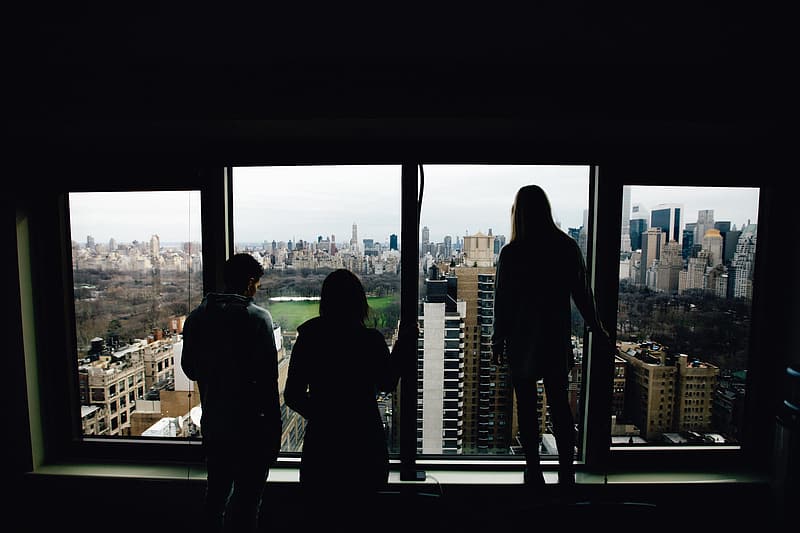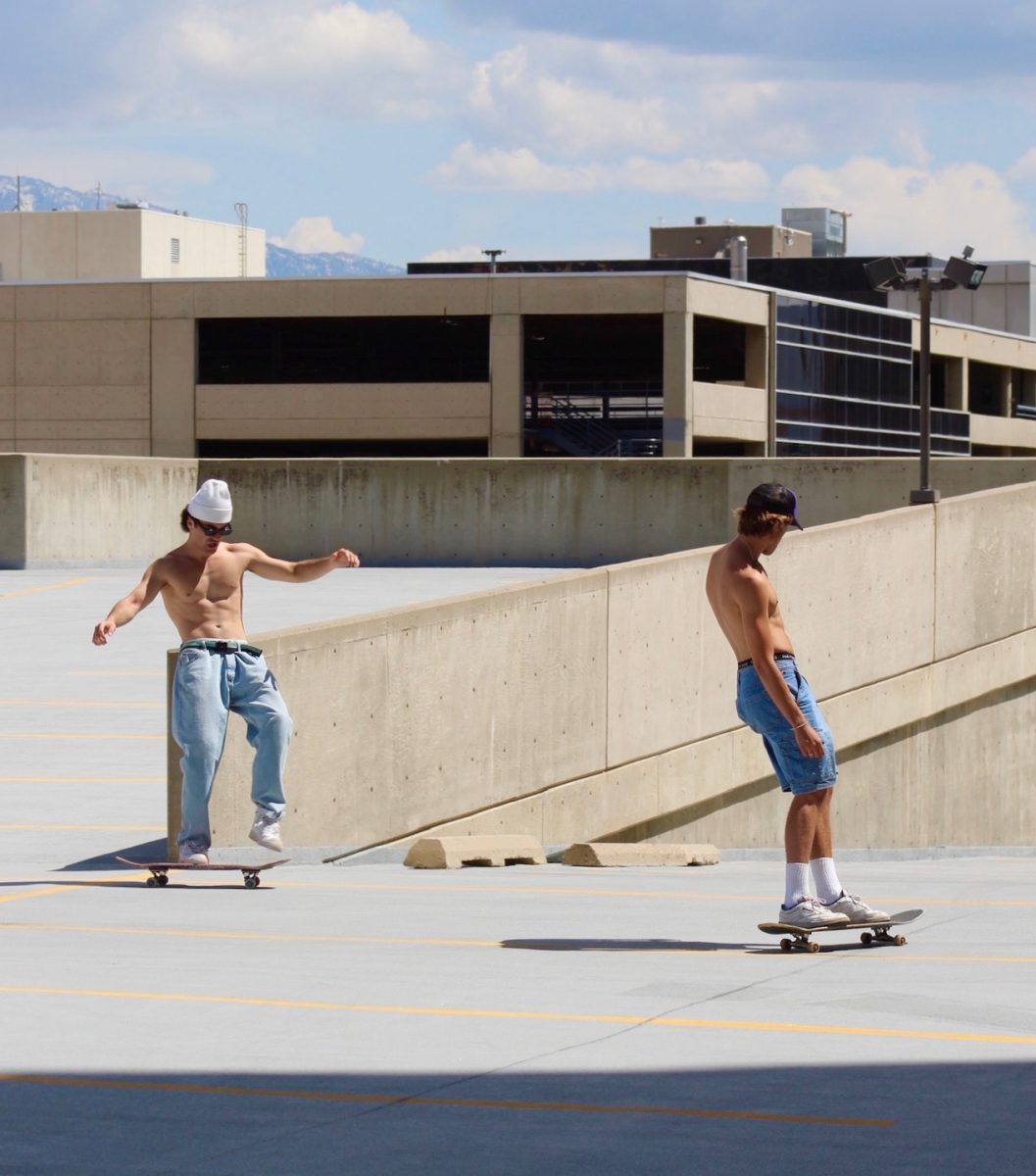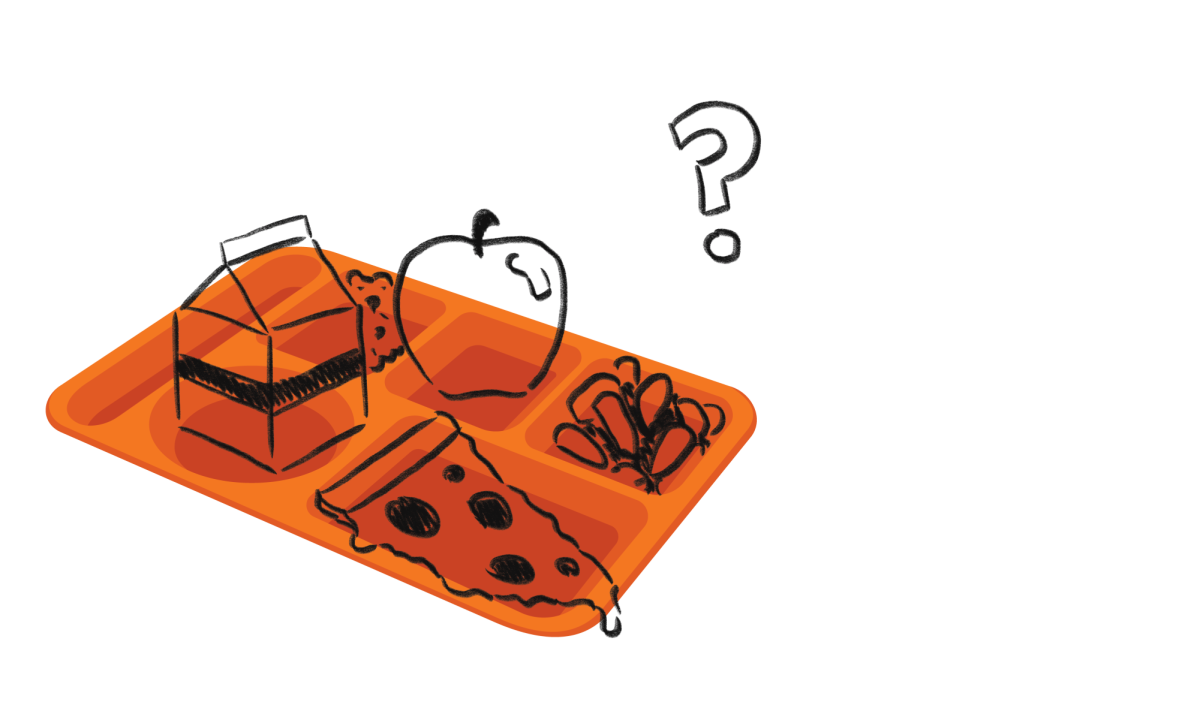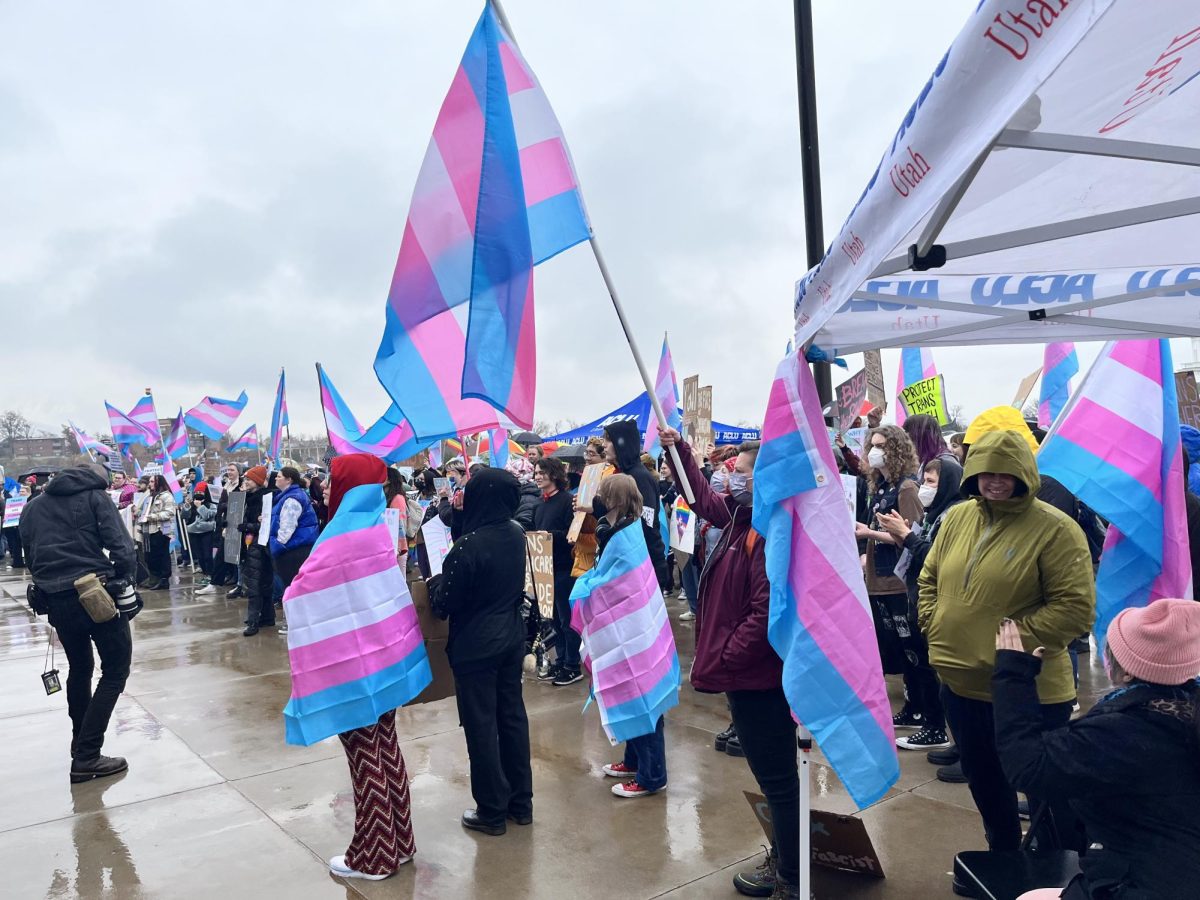Poma: Panic Will Not Get Us Through COVID-19
March 31, 2020
The coronavirus changed the course of everyone’s lives in a matter of days. Grocery stores have been emptied, social events postponed or canceled and classes at the University of Utah and other educational institutions moved online. Utah Gov. Gary Herbert has encouraged Utahns to partake in social distancing and self-isolation to slow the spread of COVID-19. Since then, many people have grown nervous, with some even claiming that the government should step back from trying to stop the outbreak. This panic causes harm and unnecessary tension in our communities. To combat these toxic attitudes, we must better understand how to control this outbreak. Calm commitment to public health will ensure safety not just for ourselves, but for the people around us.
Utah’s perception of COVID-19 shifted drastically over the past couple of weeks. When COVID-19 developed in other countries, we didn’t see it as an immediate threat. When it spread in the United States, we figured our state was safe and that we’d be okay as long as other states quarantined their cases. But we didn’t take it seriously until the first case appeared in Utah on March 6. That’s when the panic ensued.
The CDC recommends hand-washing and general cleanliness practices to stop the virus, but these suggestions did not halt the spread. To prevent more cases, we’ve been instructed to isolate. The direness of the isolation became clear for many families once schools started dismissing in-person class meetings. Many parents had to start working from home, and if that wasn’t possible, appropriate arrangements needed to be made for children. Businesses were encouraged to evaluate work-from-home options, but layoffs spiked regardless. Reality set in, and Utah’s routine completely changed in no time.
As a state, Utah emphasizes emergency preparedness and helping one another. Unfortunately, many teetered over the deep end, with some Utahns essentially preparing for the apocalypse. In fact, Utah became No. 1 in the nation for panic buying at stores. A few weeks ago, the hoarding was limited to toilet paper and bottled water. Now, grocery shoppers are welcomed by near-empty shelves — causing them to believe there’s a food shortage, which exacerbates the mass panic. This, however, is not true, and an example of how over-preparedness creates unnecessary fear. The average person’s risk of being severely affected by COVID-19 is relatively low, so we shouldn’t panic like it’s the end of the world.
Hoarding resources is not only problematic, but it is also selfish. When healthy people with decent finances buy out stores, elderly and disabled people are prevented from shopping safely and buying necessary supplies. People on WIC are only able to purchase specific items and people who are still working need to be able to pick up groceries after their busy shifts. Grocery stores have had to implement special hours for the elderly and reduced store hours to try balancing the supply and demand. The instinct to take care of our families during these times cannot be allowed to hurt our community. We should only buy bare essentials that will last a month or two of self-isolation. It’s important to be mindful of what and how we’re purchasing and to consider others who might need them more. Self-serving actions are the last thing we need right now.
Our top priority is to keep our communities safe during these unpredictable weeks. Instead of partaking in the pandemonium, we need to be mindful that this isolation — as out of the norm as it may be — is in our best interest. The “I don’t have it, so what’s the big deal?” attitude cannot continue with a virus this serious. The symptoms take as long as 14 days to develop and asymptomatic people can spread COVID-19 without even knowing they have it. We must self-isolate to protect older and more vulnerable members of our communities. Once we have been proven healthy, we should also consider helping the elder or immunocompromised members of our communities.
Things are crazy right now, and while it may seem like there’s no end in sight, we will get through this together. Fear is infectious and we cannot focus our energy on fighting the virus if we are stressing everyone else out. We must be careful, maintain social distancing as much as possible, and help where we can. Long-term self-isolation was not a decision anyone wanted, but it is not made lightly. We should keep that in mind while we spend the coming weeks at home.












